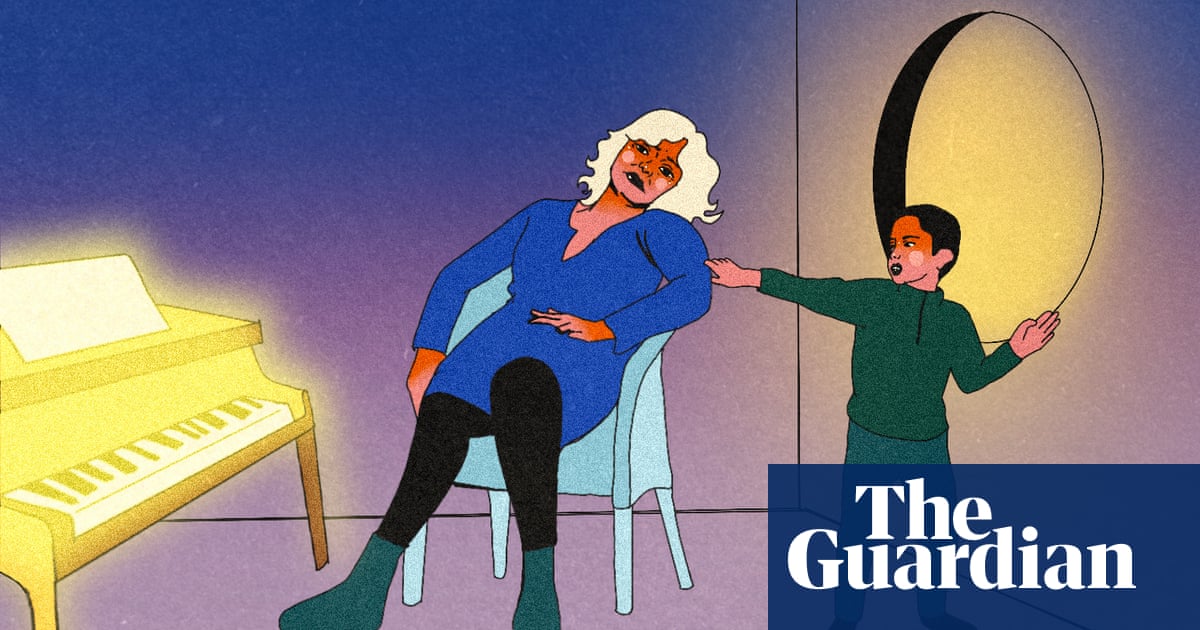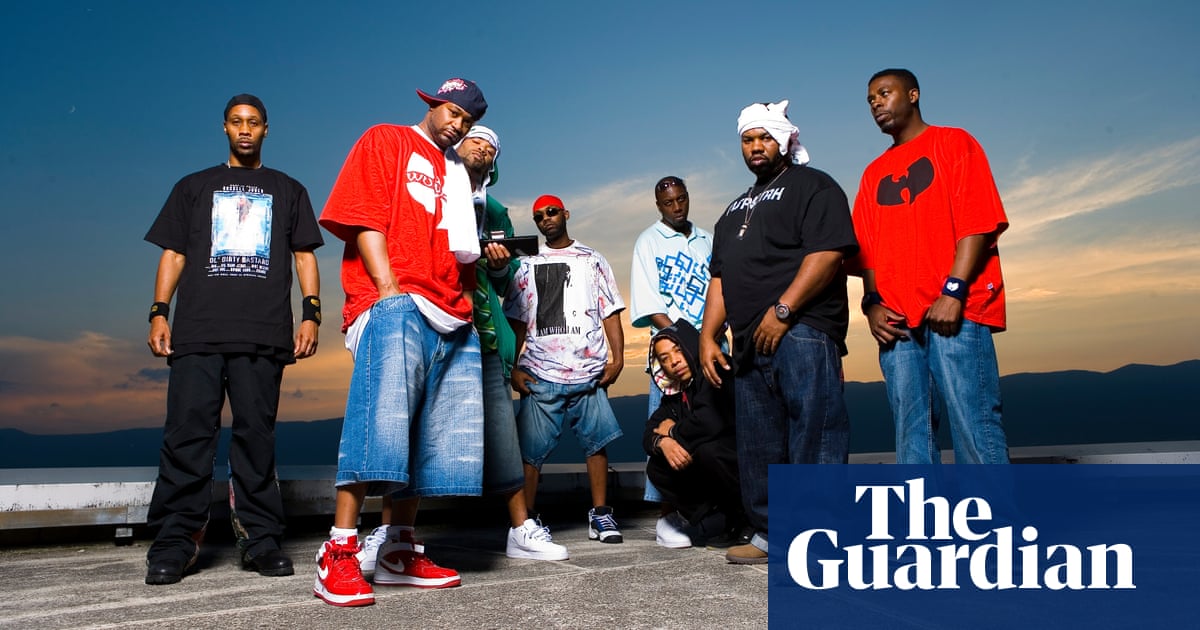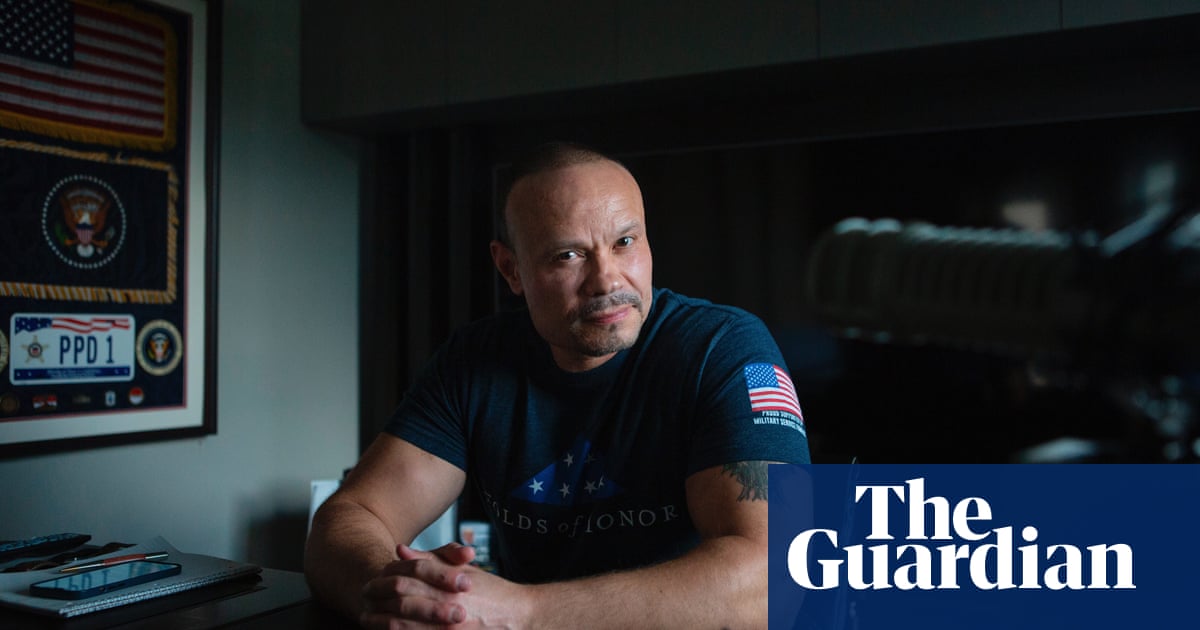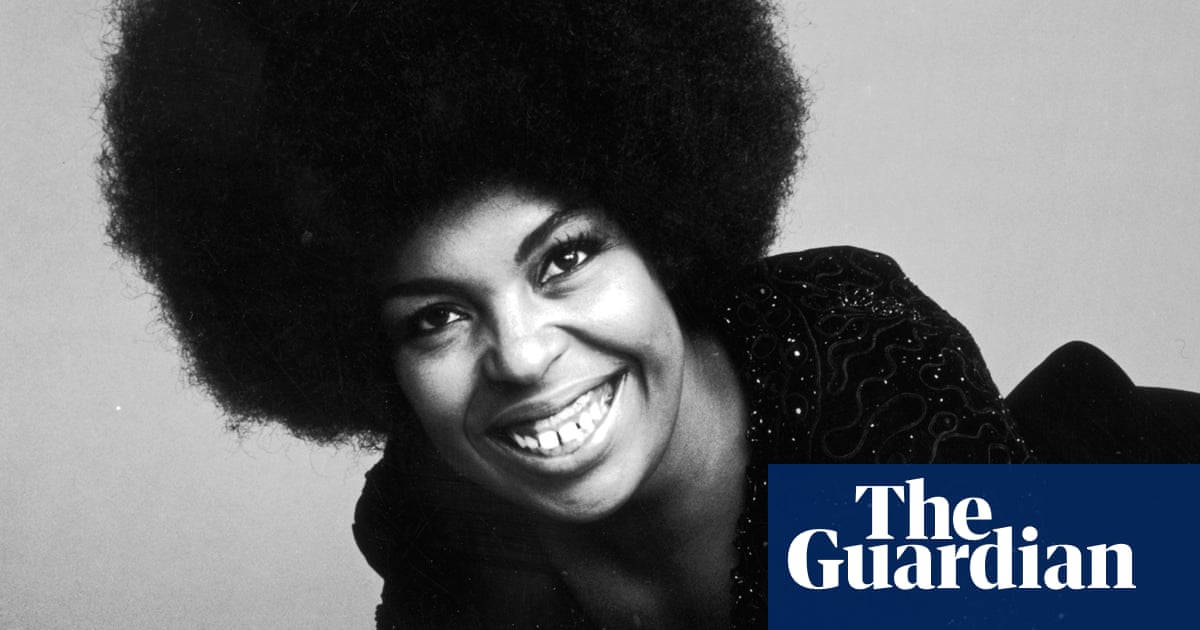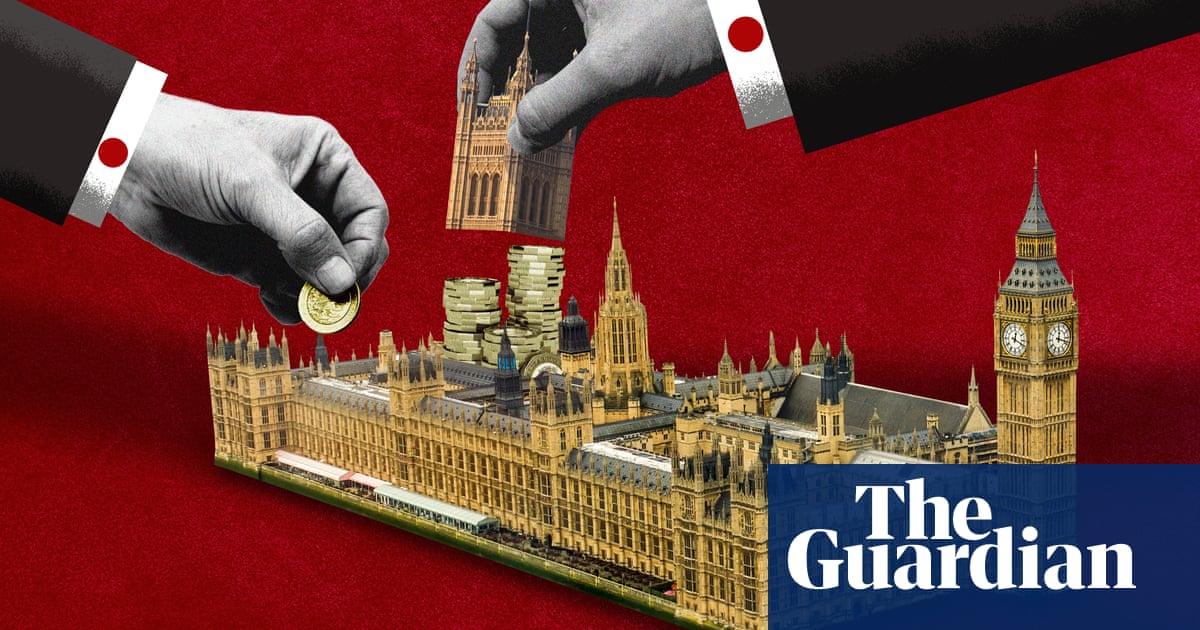Around a month ago, I broke a longstanding promise to myself to never again binge-watch true crime shows – the result of an intense Netflix spiral that began in a Colombian hairdressers (the first season of the docudrama Monster, depicting the life of serial killer Jeffrey Dahmer, was the salon’s chosen entertainment) and ended in the confines of a dark bedroom, with the realisation that I might not want to spend a year abroad inside the minds of murderers and criminals.
This time around, a bad cold, a dreary English autumn day and a bout of the blues made me particularly susceptible to the glitzy allure of a new three-part documentary series. Originally a podcast, Netflix’s Sweet Bobby tells the story of an elaborate catfishing scheme that upends a woman’s life for eight years. If you’re looking to get lost in someone else’s unbelievably bonkers drama in order to forget your own, then this is the show.
When that was over, the benevolent Netflix God served me more (“If you liked that craziness, you might also like this one!”). Before I knew it, it was midnight, and I had joined the world in deciding that the Menendez brothers, convicted of the 1989 murder of their parents with a defence of horrific abuse, deserved a retrial.
An addiction to true crime is unsettling. The incessant focus of shows on the perpetrators over the victims. The strange fandom that forms around notorious serial killers. The fact that streaming giants are reaping millions off the commodification of suffering. Yet still we’re sucked in, submerged in the cultural chatter about the latest murderer of the month.

“You let the worst thing in, but a more manageable worst thing,” says psychoanalyst and writer Anouchka Grose. “The really old ideas of why we like art is because we can experience something by proxy. And so there’s a real release, like the worst thing that we could ever imagine – we just see it happen to someone else.”
It’s understandable, perhaps, given the sharp emotional charge built in the genre. If a show isn’t tugging hard at your empathy strings or filling your bones with dread, it’s offering the blissful reassurance that, while maybe you fell for a love bomber, you weren’t catfished for nearly a decade or conned out of your life savings by your boyfriend (who had five other girlfriends). Comparatively, life is going great, actually.
Grose herself is not a huge TV fan, but it seems even those who don’t turn on Netflix every day after work still get drawn into the obsession. The Tinder Swindler? “Fucking amazing,” she describes, likening watching the show about a group of women conned by a romance swindler posing as a jet-setting diamond mogul to taking a class A drug.
“In all of us there is this sort of dismembered body that doesn’t hang together, and we’re all going around trying not to bleed, not to fart … not to misbehave in public – basically trying to have these really integrated, presentable bodies. And there’s something about that being unpicked in front of us that can really bring relief.
“I really do think having a place for the dark side of life is super important. And it seems that all cultures have it. I mean, it’s weird that our way is Netflix, but there are millions of other ways, like the Mexican Day of the Dead, for example. Or in a smaller society, there might be some ritual, like killing an animal … something where some sort of pain gets caused and some destruction happens, and it’s taken very seriously and it’s sacred.”
after newsletter promotion
In other words, the streaming giants are milking the west’s lack of cultural rituals around the darker side of life.
I’m not quite sure where this leaves those of us who are morally conflicted, but still have a hankering for all things shocking and gruesome – at least we’re normal, I suppose. But in the quest for more sleep and less paranoia, I am determined not to get sucked into the true crime void again any time soon. Unless, of course, I get trapped for a few hours in another hairdressers that’s decided blood and gore is more entertaining than a 15-song R’n’B playlist on repeat.
If you want to read the complete version of this newsletter please subscribe to receive The Guide in your inbox every Friday

 2 months ago
42
2 months ago
42


